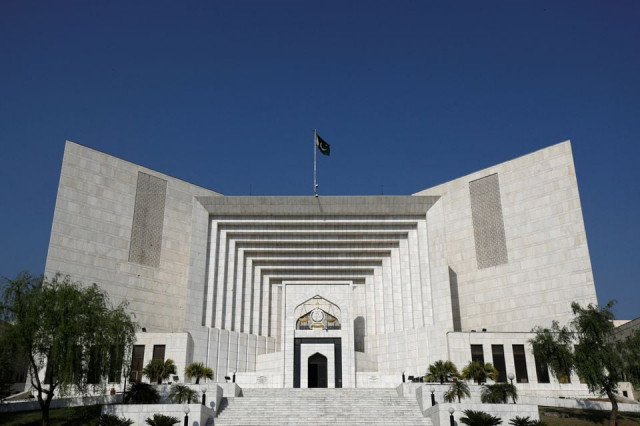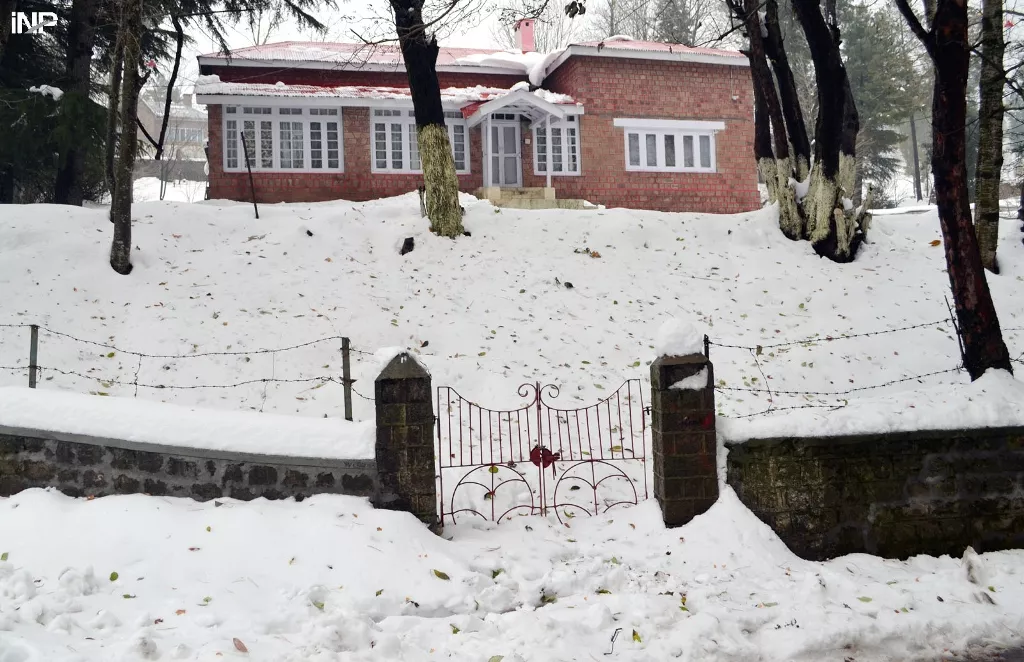Law of limitation applies to pre-arrest bail: SC
An accused must approach the SC for pre-arrest bail within 30 days of an order by a high court

The top court has ruled that the law of limitation is fully applicable to petitions for leave to appeal in matters related to pre-arrest bail. In view of this ruling, an accused must approach the Supreme Court for a pre-arrest bail within 30 days of an order by a high court.
"The law of limitation is fully applicable to petitions for leave to appeal in matters related to pre-arrest bail like in other criminal petitions filed under Article 185(3) of the Constitution…
“A delay in a petition filed beyond the limitation period must be supported by an application for condonation of delay which is to be examined by the court on its own merits," says a four-page judgement authored by Justice Syed Mansoor Ali Shah.
Justice Shah was leading a three-judge bench which dismissed the pre-arrest bail application of an accused filed after a delay of 74 days.
The verdicts noted that even though sufficient cause for condoning delay in criminal matters has been interpreted liberally and leniently by the apex court while dealing with petitions and appeals filed by those incarcerated, this view is rooted in the objective to ensure that those incarcerated have equal opportunities of access to justice and for safe administration of criminal justice.
Read more: SC judges differ on suo motu powers for second review
"A person behind bars faces numerous hindrances in pursuing his legal remedies because of restricted access to the outside world, and therefore, suffers a disability in comparison to those who enjoy liberty and freedom. The delay, therefore, is usually because of the constraints due to being imprisoned and not because of any ulterior motive,” it said.
The SC said condonation of a delay in such petitions is viewed leniently through the lens of fundamental rights particularly the right to liberty, dignity and fair trial guaranteed under Articles 9, 14 and 10A of the Constitution, with the purpose to provide those incarcerated with equal access to courts, and equal and proper opportunities to defend themselves and to avail remedies available under the law.
“It is for this reason that by following the practice of taking a lenient and permissive view in cases of those incarcerated, this court has held that the incarceration of a petitioner seeking post arrest bail itself constitutes sufficient cause to allow condonation of delay, unless the delay was caused due to some ulterior motive of the said petitioner himself.”
The judgement noted that the apex court should be approached promptly in a pre-arrest bail matter to avail the remedy available under the law and to actualize the right of access to justice.
"The law of limitation is applicable to such petitions for leave to appeal in matters related to pre-arrest bail with its full rigor and there is no relaxation as far as the period of limitation is concerned unless sufficient cause is shown for the delay, as required under Rule 2 of Order XXIII of the SC Rules."
The court noted that the petition has been filed after a delay of 74 days from the expiry of the limitation period. Rule 2 of Order XXIII of the SC Rules, 1980 provides that a petition for leave to appeal under Article 185(3) in criminal matters has to be filed within thirty days from the judgment or final order sought to be appealed from.
"The second proviso to the said rule provides that the court may condone delay if ‘sufficient cause’ is shown. However, to this effect, no application for condonation of delay has been filed with the instant petition," it noted.
The court said the petition had been filed after a delay of 74 days and no application for condonation had been submitted to show sufficient cause for condonation of the said delay.
“After dismissal of his pre-arrest bail petition by the High Court, the petitioner should have approached this Court within the period of limitation. Faced with this situation, the learned counsel for the petitioner after arguing the matter at some length wished to withdraw the titled petition.
“Therefore, with the above observations, the instant petition is dismissed as withdrawn,” it said.



















COMMENTS
Comments are moderated and generally will be posted if they are on-topic and not abusive.
For more information, please see our Comments FAQ